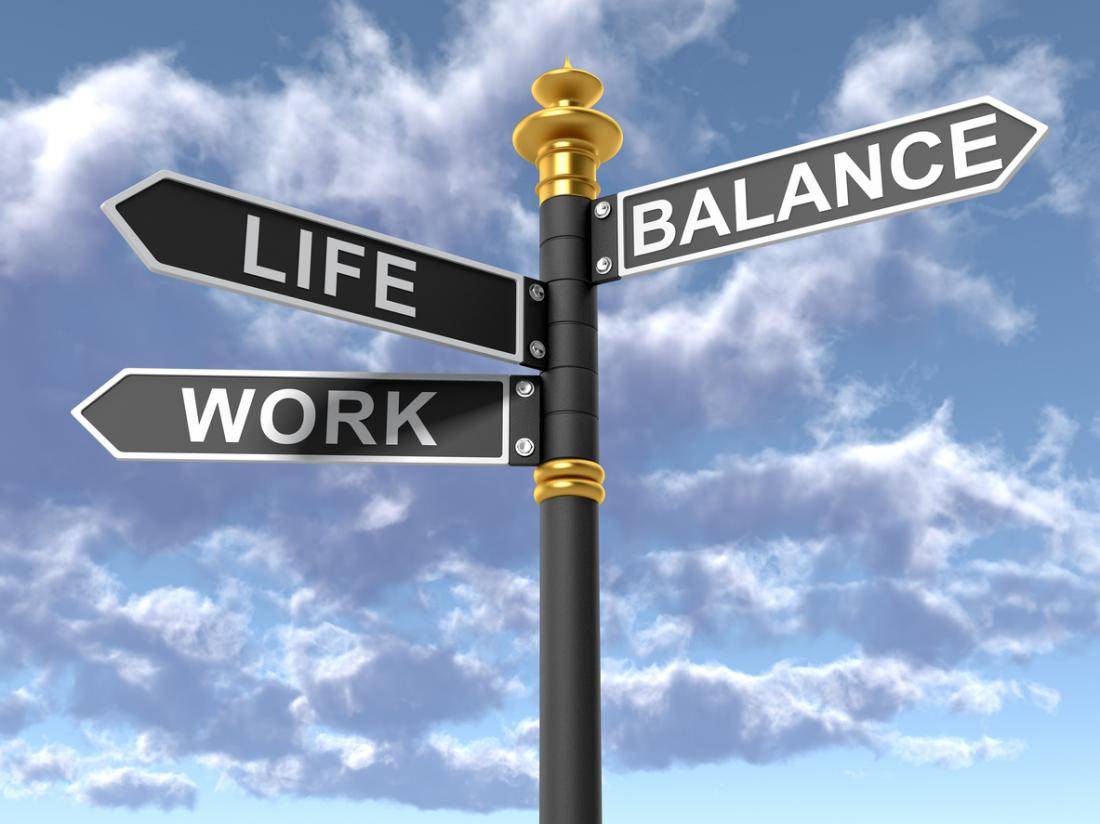In today’s fast-paced world, maintaining a work-life balance has become more critical than ever. With the advent of technology and remote work, the line between personal time and professional responsibilities often blurs, leading to stress, burnout, and a reduction in overall quality of life. Achieving a healthy balance between work and personal life not only boosts productivity but also improves mental and physical health, leading to a more fulfilling and sustainable lifestyle.
Why Work-Life Balance Matters
Work-life balance refers to the equilibrium between professional obligations and personal activities. When work dominates life, stress levels rise, and personal well-being suffers. Burnout is one of the most common consequences of an imbalanced life. It can result in emotional exhaustion, decreased motivation, and mental health issues like anxiety and depression.
Conversely, individuals who maintain a balanced lifestyle tend to experience lower stress levels, better mental health, and more job satisfaction. A healthy balance allows individuals to recharge, foster stronger relationships, and enjoy personal hobbies and leisure time, all of which contribute to greater overall happiness.
Challenges in Maintaining Work-Life Balance
One of the biggest challenges in achieving balance is the increasing demand for productivity and performance in the workplace. The culture of overwork, driven by competition and the desire to succeed, can make it difficult to set boundaries between work and personal time. Technology, while making work more flexible, often means employees are constantly connected, making it harder to "switch off" after office hours.
Additionally, remote work has blurred the lines between professional and personal life, leading to longer working hours and difficulty in disconnecting. The expectations of being "always available" can take a toll on personal time and family life, further exacerbating the work-life imbalance.
Tips for Achieving Work-Life Balance
Achieving work-life balance requires intentional effort and the establishment of boundaries. Here are some strategies to help maintain a healthy balance:
1. Set Clear Boundaries: Clearly define work hours and personal time. Stick to a schedule where you can dedicate time to work and equally prioritize time for yourself and your loved ones. Turning off work notifications after hours can help in mentally disconnecting from work.
2. Prioritize Tasks: Time management is key to avoiding overwhelming workloads. Use tools like to-do lists and prioritize tasks based on urgency and importance. Learning to delegate tasks or saying "no" to unnecessary commitments can prevent overextending yourself.
3. Take Breaks: Incorporate short breaks throughout your day to recharge mentally. Whether it's a quick walk, meditation, or simply stepping away from your desk, these breaks help reduce stress and maintain focus.
4. Make Time for Hobbies: Pursuing hobbies or activities that bring joy and relaxation is essential. Whether it's reading, painting, or sports, engaging in leisure activities helps improve mood and provides a sense of fulfillment outside work.
5. Communicate with Your Employer: Having open conversations with your employer or team about workload expectations and the need for balance is crucial. Many companies are now recognizing the importance of work-life balance and are offering flexible hours or wellness programs to support their employees.
The Benefits of Work-Life Balance
When work and life are balanced, employees report higher job satisfaction, increased productivity, and better mental health. Companies that promote work-life balance experience less turnover, higher employee engagement, and fewer sick days taken by employees. On a personal level, individuals can cultivate stronger relationships, enjoy better physical health, and have more time to pursue passions and interests.
Conclusion
Work-life balance is not a one-size-fits-all concept, but finding what works best for you can lead to a healthier and happier life. Whether through setting boundaries, managing time efficiently, or focusing on self-care, maintaining balance will ensure that both your personal and professional life thrive. As more workplaces acknowledge the importance of well-being, embracing work-life balance can ultimately lead to a more fulfilled, stress-free life.




No comments yet
Be the first to share your thoughts!